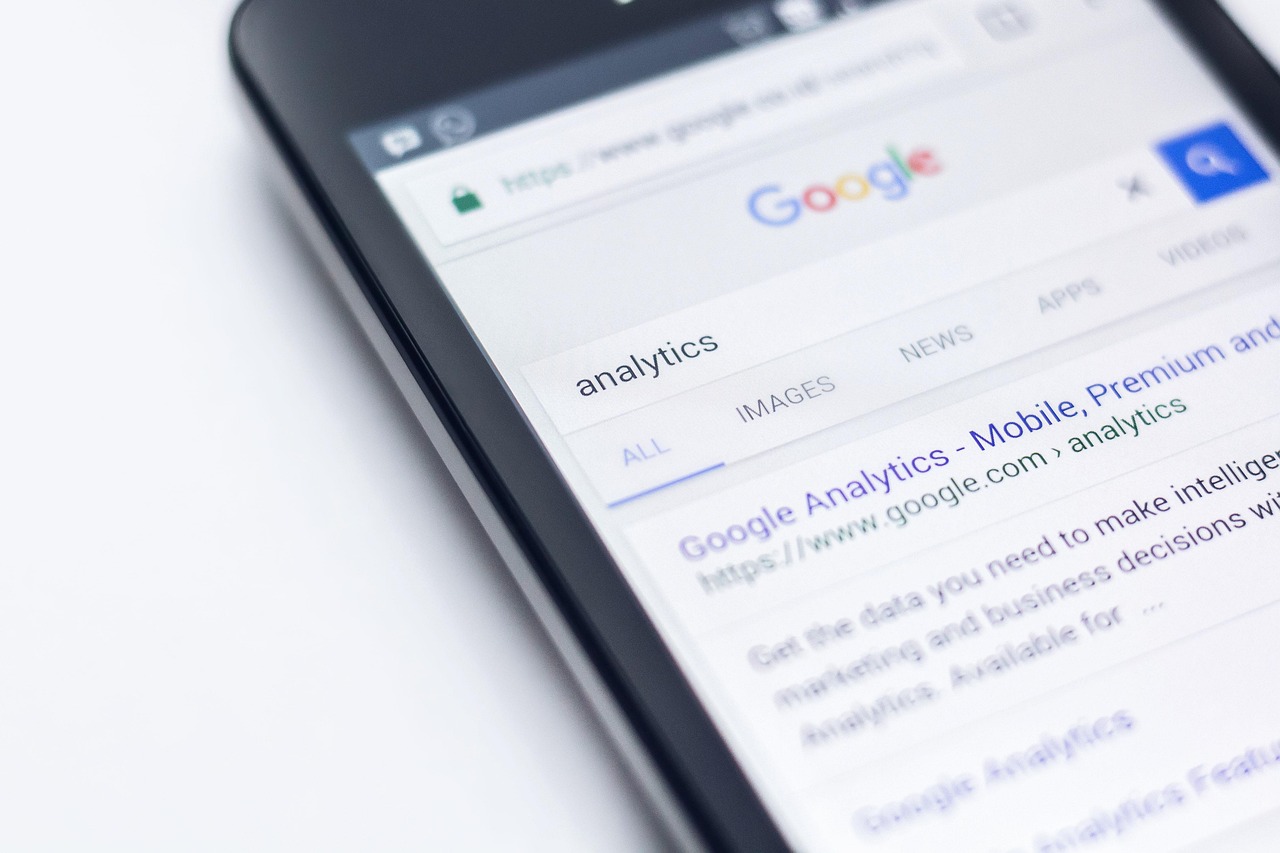Peter Drucker famously said, “If you can’t measure it, you can’t manage it.” For years, digital marketing relied on tried-and-true key performance indicators (KPIs): website traffic, bounce rate, keyword rankings, and conversion rates. But thanks to AI, search engines are evolving rapidly—and so are the metrics that matter.
Let’s break down what’s changing, why it matters, and how you can adapt as a small business owner.
The Old Way: Keywords and Clicks
Traditional SEO focused heavily on keyword optimization. You’d research what people typed into Google, use those phrases in your content, and track how well you ranked. Success was measured in page views, average session duration, bounce rate, and how many visitors converted into leads or customers.
Those metrics still matter—but they no longer tell the whole story.
What’s Changing: AI-Powered Search and Zero-Click Results
Search engines like Google and Bing now use AI to deliver smarter, more direct answers. Thanks to tools like featured snippets, “people also ask” boxes, and AI-generated summaries, users often get the answers they need without clicking a single link.
This shift is called “zero-click search.” It means fewer people are visiting websites, even when your content ranks at the top.
In addition, Google’s Search Generative Experience (SGE) and tools like ChatGPT are starting to answer search queries with summarized content, making it harder for individual web pages to stand out unless they offer unique, high-quality value.
What It Means for Your Metrics
Here’s how your performance marketing KPIs are evolving:
- Traffic volume is less reliable as a measure of success. A drop in traffic doesn’t always mean a drop in relevance.
- Engagement and trust signals (like branded search volume, repeat visits, and time on site) are becoming more important.
- Conversions per visit are more critical than total sessions.
- Content authority and helpfulness (measured through tools like Google’s E-E-A-T: Experience, Expertise, Authoritativeness, and Trustworthiness) affect how your content performs in AI-driven search.
What You Can Do to Adapt
- Focus on Quality, Not Just Quantity
AI rewards clear, authoritative, and user-focused content. Create helpful blog posts, videos, and guides that answer real customer questions. - Update and Optimize Old Content
Refresh top-performing pages to ensure accuracy and add depth. Google favors updated content. - Measure Micro-Conversions
Track smaller actions like email signups, downloads, video views, and time spent on key pages—these are signs of growing trust. - Build a Brand, Not Just a Website
People now search for trusted sources by name. Invest in building brand awareness and fostering customer loyalty through targeted email campaigns, social media engagement, and positive online reviews. - Use Schema Markup
Help AI understand your site better by using structured data (like product details, FAQs, or reviews) to improve how you appear in search results. - Test and Track Continuously
Utilize analytics tools to track which content and channels yield the best results. Prioritize high-return marketing efforts over vanity metrics.
⸻
Final Thought:
SEO isn’t dead—it’s smarter. By focusing on real value and deeper engagement, you’ll thrive in an AI-powered search world. If you’re ready to build a website that supports your content and marketing goals, MHMS is a marketing and advertising agency in Annapolis, MD, and can help you get started. Let us know when you’re ready to grow.


